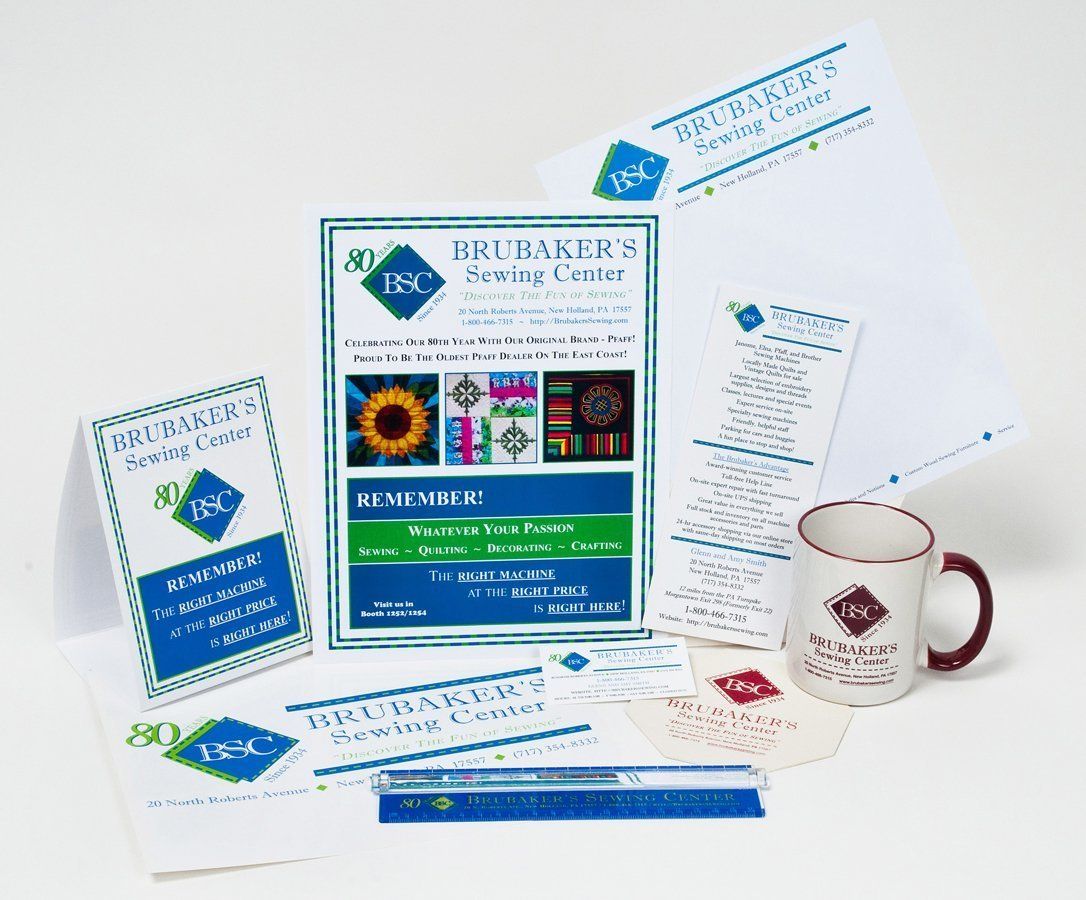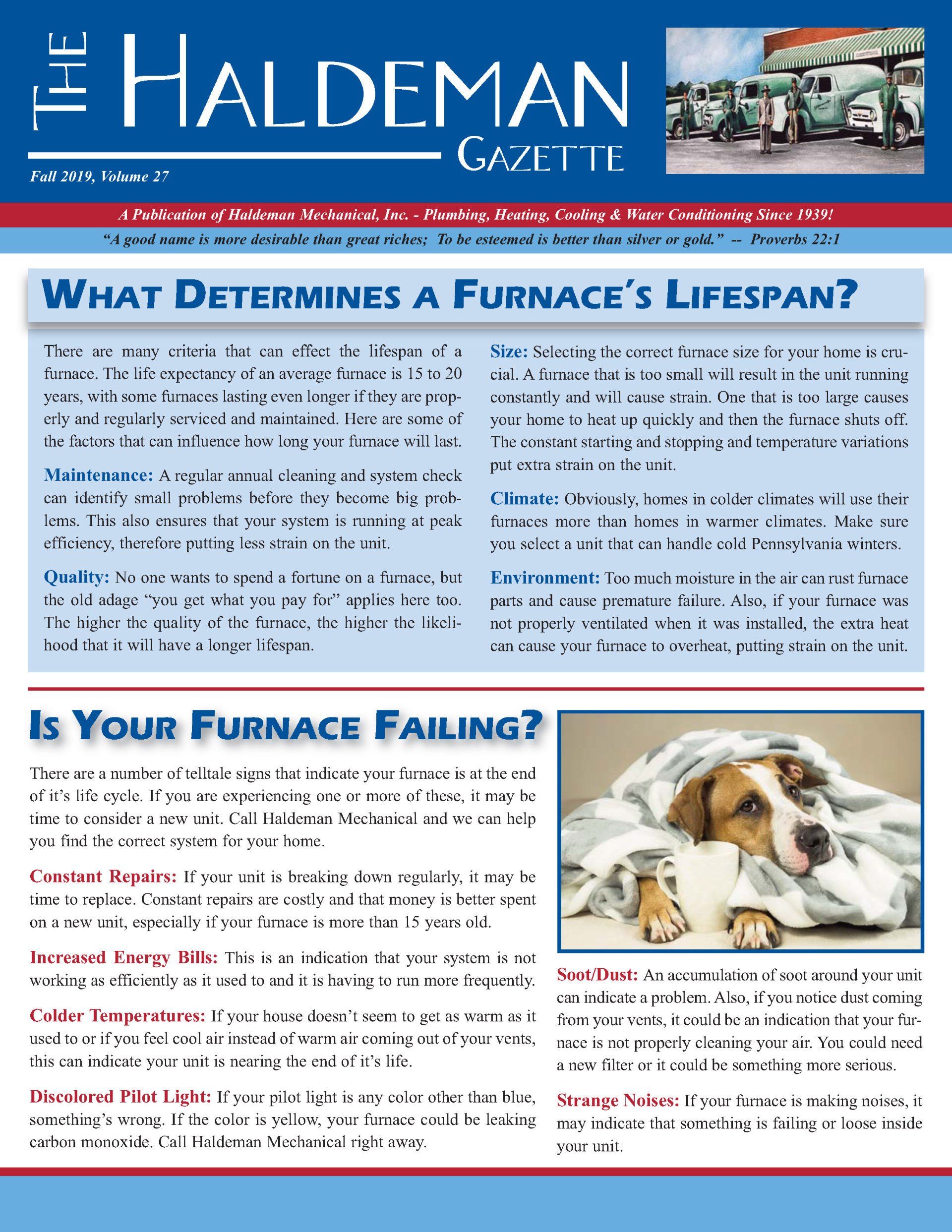A blog consists of frequently, new posts or sometimes called articles, in reverse chronological order. So basically, the latest post appears first on a page. Plus, a blog allows for reader engagement. There’s usually a section at the bottom of the blog post for readers to comment and have further discussions with other readers.
Here are some tips for you to help you maintain an interesting, relevant and reader-friendly blog that adds real value to your websites.
1. DESCRIBE THE BLOG RIGHT, RIGHT FROM THE START
Think about what you’re going to blog about and write it down in a few short sentences. This description will help you stay aligned when you write posts and let your readers know what they to expect.
2. CREATE A SCHEDULE
Schedules work. They keep you on track and focused. They give you structure and goals. If you’ve ever run a race, you know that having a training schedule (and sticking to it) is critical to success. So set a schedule that works for you (publish a new post once a week, twice a week, once every two weeks) and stick to it.
3. OPTIMIZE YOUR BLOG FOR SEO
A huge incentive for adding a blog to your site is to have organic content that brings visitors to the site (without paying for them). When you add a blog to your site, you’re adding fresh content that can bring organic traffic, but only if search engines notice the content.
To ensure that your blog is optimized for search engines (SEO), add metadata to individual posts, alt text to post images, use keywords in the post title, and more. Take the time to fill in post descriptions (you’re automatically prompted to do) and make sure that all the new content you’re adding is put to good use.
4. PRACTICE, PRACTICE, PRACTICE
Like many things in life, the more you do it, the better you’ll be. The best way of writing well is writing regularly. But this doesn’t mean you should start by writing for several hours every day. (That’s a sure recipe for burnout.)
Again, think about sport. If you start training for a marathon by running for 3 hours on your first day out, you’ll burn out quickly (and probably injure yourself). So practice moderation and set reasonable goals (for example, start by writing 500 words a day).
5. READ BLOGS TO WRITE BETTER BLOGS
There are hundreds of blogs that are all about blogging. Subscribe to a couple and read them on a regular basis. This can be part of the schedule mentioned in #2. Reading about writing is a great way to improve the quality of what you write.
6. WRITE FOR YOUR AUDIENCE
It may sound obvious, but it’s super important. Think about the people you want to reach and write specifically to them. If you have a website for a flower store, think about topics that visitors will be interested in. For example:
- This Month's Hottest Blooms
- What These 6 Flowers Mean
- Caring for Cut Flowers
- Tired of Roses? Consider These Alternatives
7. GIVE VALUE IN EVERY POST
People who read your posts deserve to get something out of them. Whether it’s tips, advice, case studies or personal stories, readers want to get something in return for the time they invest in reading. So choose topics that are relevant and write good stuff.
8. EDIT WHAT YOU WRITE (OR HAVE SOMEONE DO IT FOR YOU)
Though you may find it easy to write a blog post, that doesn’t mean you don’t need to review and revise it. Have a colleague or friend review every post before publishing. If you’re a one-person show or don’t know anyone who can look over your work, do it yourself a day or two after you finish writing. Don’t publish anything without reviewing it at least once.
9. PUT YOURSELF IN YOUR AUDIENCE’S SHOES
Think about the type of experience you want when you read a blog. Do you want a great title and fluff for content? Do you want a popup to appear as soon as you open the blog? Do you want to see the same blog content week after week, just with a different title?
Think about the things you like in your favorite blogs and try to emulate them in what you produce.
10. DON’T APPROACH YOUR BLOG LIKE A CRASH DIET
Crash diets are notorious for being unsustainable in the long term. Don’t let your blog be a crash diet. Think of it as a way of life, something you’re going to pursue for a long time. Something that’s fun and worth the investment.
If you stick to a healthy blogging approach, you’ll be able to look back on your posts after 6 months, 12 months and more and feel good about what you’ve written.













Share On: